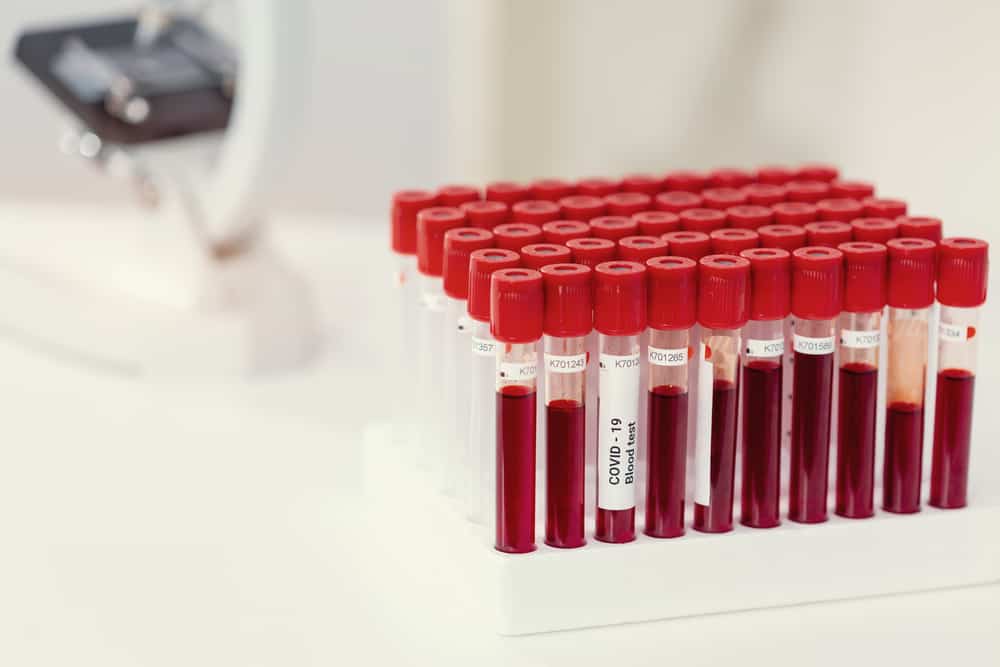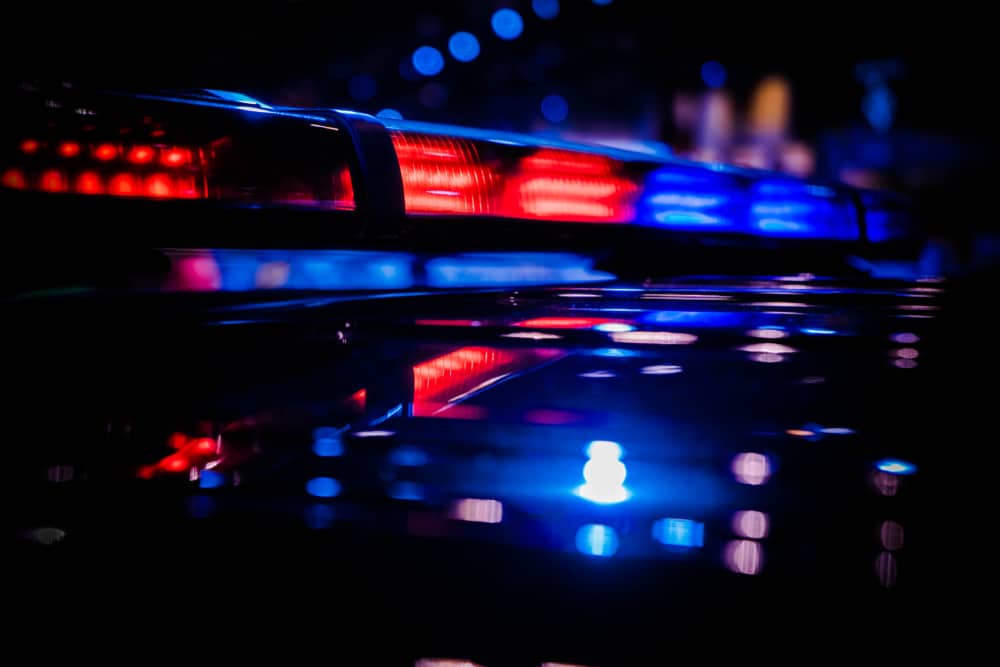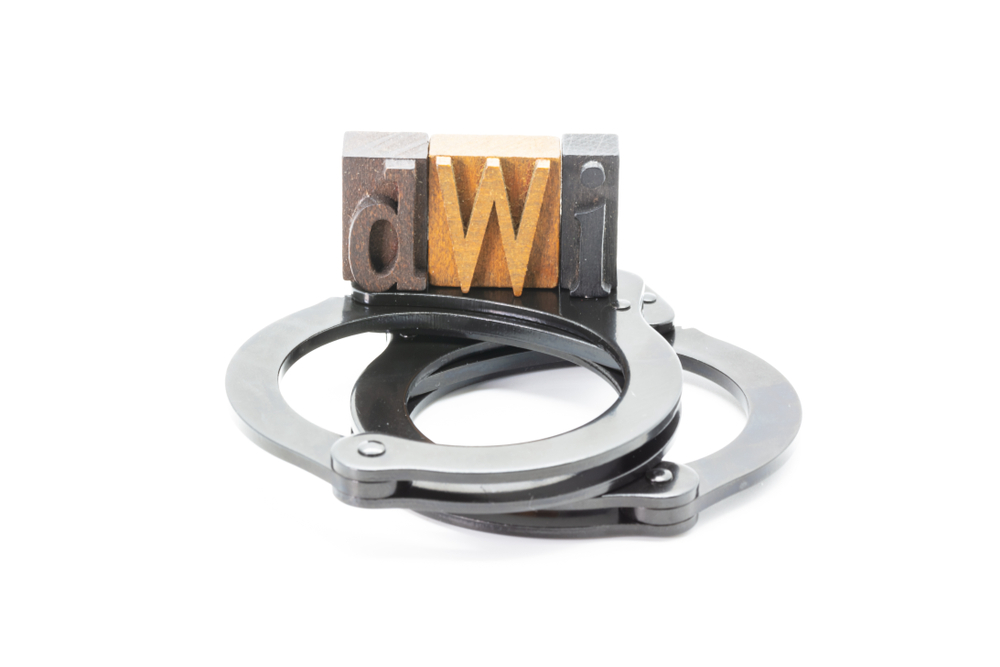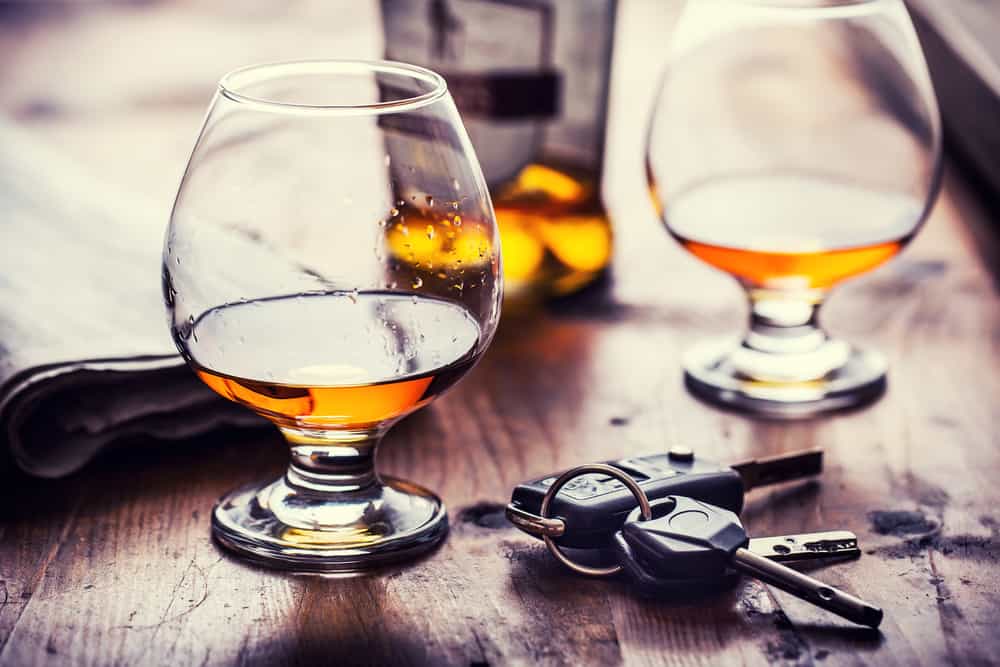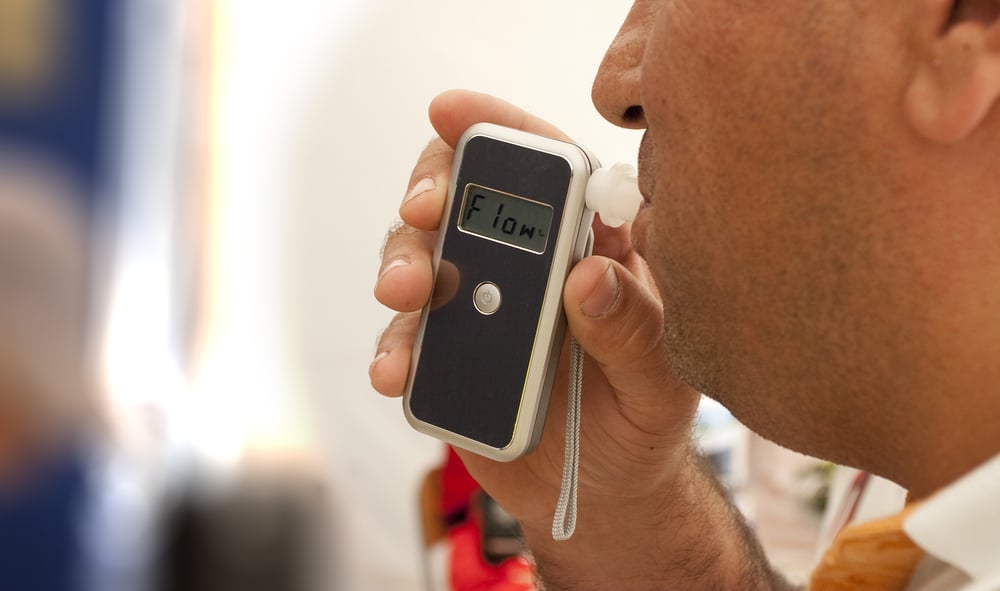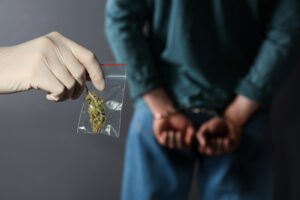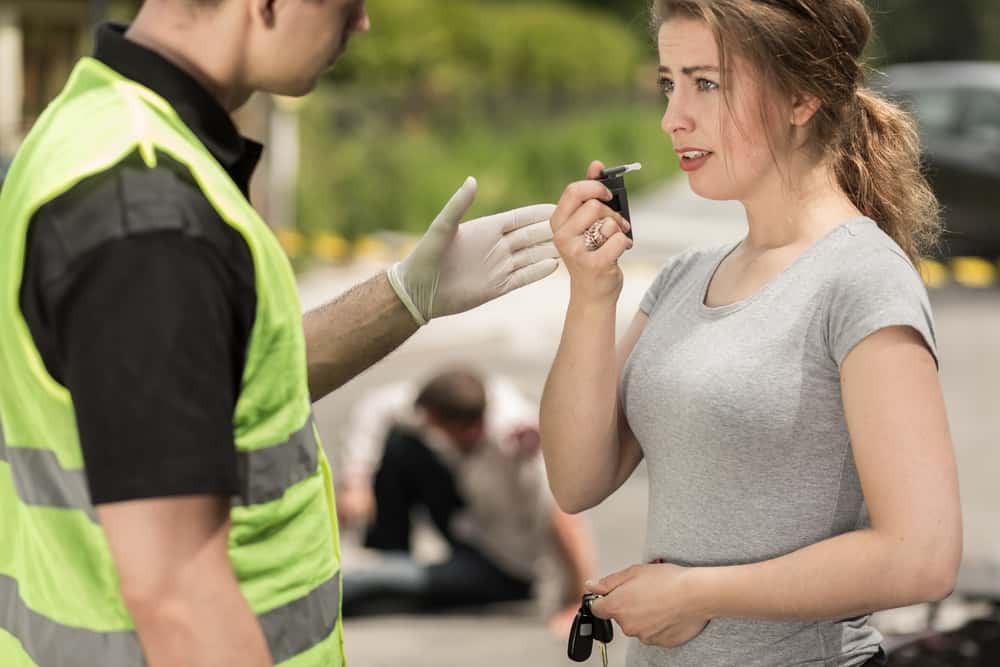
Whether it is smart to refuse a breathalyzer test will ultimately rest on the prosecution involved in your case. While many people think that refusing a breathalyzer limits the evidence against them, it can also be used by the prosecution to establish probable cause. They can argue that because you refused to take a breathalyzer test, you were likely drunk at the time of your arrest and did not want the attending police officer to know that.
You are required to submit to a breathalyzer test under Texas’s Transportation Code, which contains the state’s implied consent laws. If you do not, according to the Texas Department of Transportation (TxDOT), your license will automatically be suspended for 180 days. To regain your driving privileges, you would have to request license reinstatement through the Administrative License Revocation (ALR) process, even if you were not driving while under the influence.
The ALR Process
Some people would argue that it is not smart to refuse a breathalyzer test because of the implications it has on license suspension. If you refused a breathalyzer test and your license was suspended, you may want to consider moving through the ALR process to get your privileges reinstated.
According to the Texas Department of Public Safety, after refusing to take a breathalyzer test, the following will happen in your situation:
- The attending law enforcement official will take your license and issue you a temporary driving permit, along with a suspension notice.
- You will have 15 days from the date you were issued the suspension notice to request a hearing to get your license back. If you do not request a hearing within 40 days, the suspension will go into effect.
- You will be issued a date to contest your license suspension, which can be up to 120 days from the date you requested the hearing.
- You will have the opportunity to explain yourself to an Administrative Law Judge (ALJ) who will determine whether or not the suspension should remain in effect.
During this process, many people choose to work with a lawyer who can guide them through the ALR proceedings. An ALR hearing has no bearing on the criminal charges against you. Just because an ALJ gives you your license back does not mean the driving while intoxicated (DWI) charges against you will be reduced or dismissed.
Consequences of a DWI Conviction
If you refused a breathalyzer test, there are likely pending DWI charges against you. In that situation, you may want to work with a criminal defense lawyer who can take measures to secure your future and wellbeing. They can examine the evidence against you to determine whether the prosecution has a case against you.
If this is your first time facing a DWI charge, according to TxDOT, you could be facing:
- A fine no more than $2,000
- Three to 180 days in jail
- The loss of your license for up to two years
According to the Texas Penal Code, a DWI charge is usually classified as a Class B misdemeanor. However, if your blood alcohol concentration (BAC) level is higher than .15% at the time of your arrest, the charges against you could elevate to a Class A misdemeanor.
If you were driving while under the influence of alcohol and caused an accident, the penalties only increase in severity. Not only could you be facing a felony charge, but your record can never be sealed, meaning that your conviction could come up on a background check.
How a Criminal Defense Lawyer Can Help You
After learning the details of your situation, a criminal defense lawyer can let you know whether refusing a breathalyzer test was a smart decision in your case. Your legal team’s goal will be to have the charges against you reduced or dismissed based on the details of your situation. If the charges against you are reduced, your pending DWI charge could be changed into a lesser offense, like reckless driving. However, if the charges against you are dismissed, that means you will not face any legal penalties.
A criminal defense lawyer can:
- Review the evidence in your case
- Investigate the charges against you
- Look over your criminal record for previous DWI-related incidents
- Represent you in court
- Defend your case against the prosecution
- Help you through the ALR process
- Serve as your legal advocate
While you have the right to serve as your own legal counsel, this duty may not appeal to you. Building a successful defense takes time and insight. You do not have to take any liberties with your future when there is help available.
Seek Criminal Defense Help Today
At the Law Offices of Randall B. Isenberg, we provide legal assistance to those who are facing DWI charges. Whether you refused a breathalyzer test or not, our legal team can take measures to help protect your future and wellbeing. A conviction on your criminal record can impact your life in many ways, limiting both your employment and residential opportunities. To start protecting your future, call us today at (214) 696-9253.



